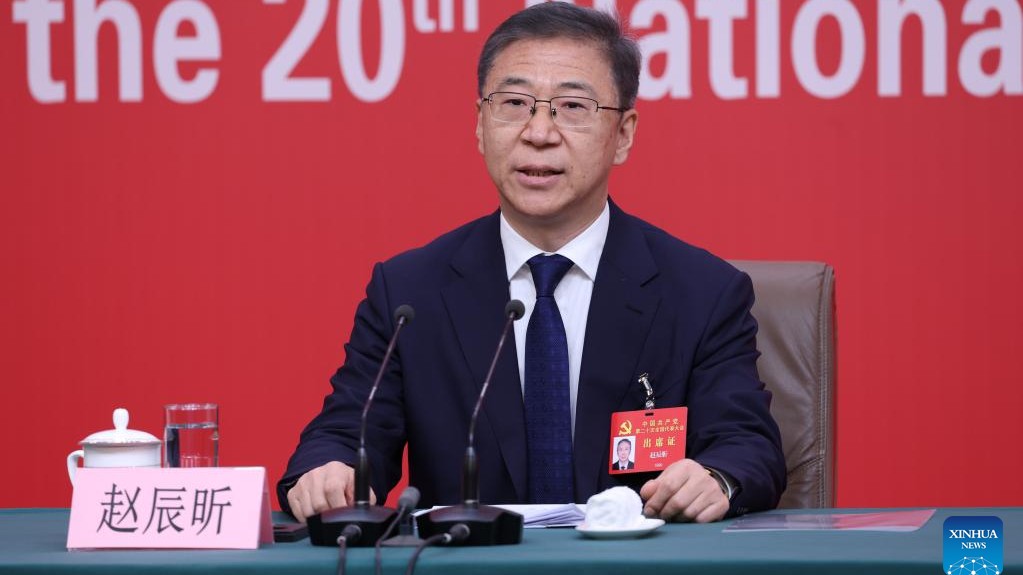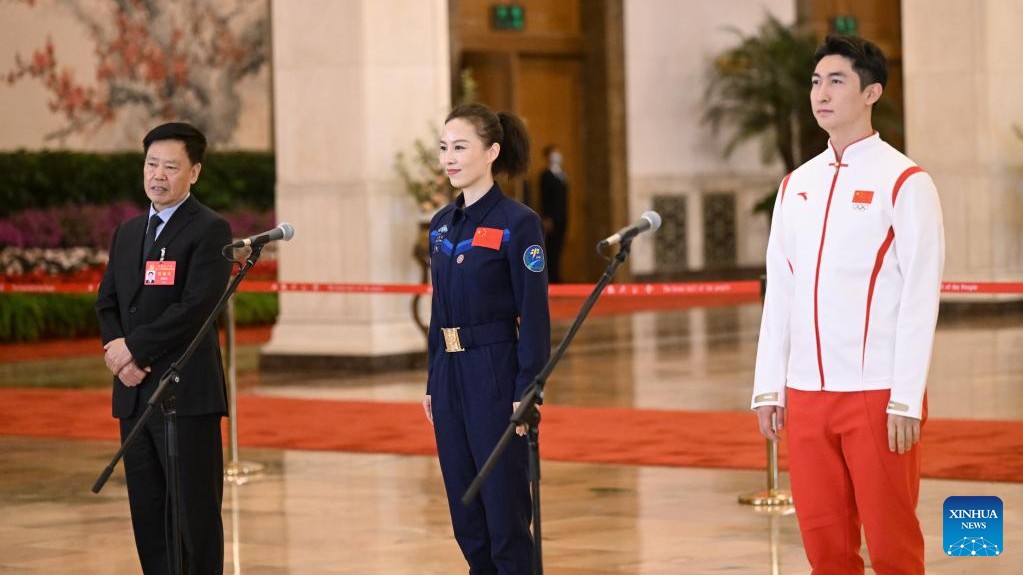Despite China's strong opposition, the signing of a bill on Xinjiang by the United States is another flagrant act of interference in China's internal affairs and an arrant display of U.S. hegemony and double standards.
Under the guise of human rights and religious freedom, the so-called "Uyghur Human Rights Policy Act of 2020" smeared and attacked the widely recognized, fruitful anti-terrorism efforts in Xinjiang Uygur Autonomous Region. Turning a blind eye to what is really transpiring in Xinjiang, the bill is based on nothing but hearsay, fabrication, and distorted and even fake reporting of Radio Free Asia -- a notorious U.S. tool to exercise its hegemony.
From 1990 to the end of 2016, separatists, religious extremists and terrorists perpetrated several thousand acts of terrorism in Xinjiang, killing large numbers of innocent people and hundreds of police officers.
However, not a single terrorist act befell Xinjiang in the past three years since the region started to offer vocational training and education programs. So far, all the trainees have graduated from these centers and acquired vocational skills. They have secured jobs and are living a normal life.
The U.S. move on Xinjiang is typical of its double standard in anti-terrorism that intentionally deems China's legal and righteous steps as "human rights violations." In fact, China's fight against terrorism and extremism is consistent with the United Nations' principle of combating terrorism and safeguarding basic human rights. During their stay at these centers, or boarding schools in nature, the trainees had enjoyed free healthcare and their customs and rights were fully respected in line with China's national and regional laws.
The U.S. ulterior motive behind the legislation is clear -- to contain China's development and sow discord between China and other countries. However, such fatuous acts are doomed to fail.
Rather than groundlessly slandering China, the United States should solve its own grave and pressing human rights violations. The tragic death of African American George Floyd in Minnesota last month is just the tip of the iceberg of serious racism perpetuating in the United States. A much bigger tragedy is the coronavirus death toll of more than 116,000 in the United States, which is undoubtedly a direct consequence of the U.S. chaotic response and disregard for the basic human rights, compounded by its institutional failure.
The spate of hate-crimes, frequent shootings and brutal abuse of African Americans by the police, racial disparities in employment and religious bigotry, are among the numerous examples of domestic human rights violations in this most developed country. Besides, the wars unleashed by the United States in regions such as the Middle East have caused huge civilian casualties.
China's Xinjiang is in its best period of development, featuring ethnic unity, social stability, economic development and improvement of people's well-being. The region is poised to eliminate absolute poverty this year along with the rest of the country. From 2014 to 2019, Xinjiang lifted nearly 3 million people out of poverty, with its headcount ratio falling from 19.4 percent to 1.24 percent.
Currently, there are about 24,400 mosques in Xinjiang -- one for every 530 Muslims. The ethnic language and culture are well protected in the region. A record number of 200 million tourists visited Xinjiang last year, up more than 40 percent year on year -- this speaks volumes for the region's sound development.
The double standards and hegemonic acts of the United States go against the trends of history. U.S. politicians must abandon their Cold War mentality and stop meddling in China's internal affairs, if they are rational and care the least for the interests of its people, and if they do not want the United States to fall into disrepute in the international arena.
It is imperative for the United States to rectify its mistakes immediately before they inflict serious damage to the China-U.S. relations and itself in the end.










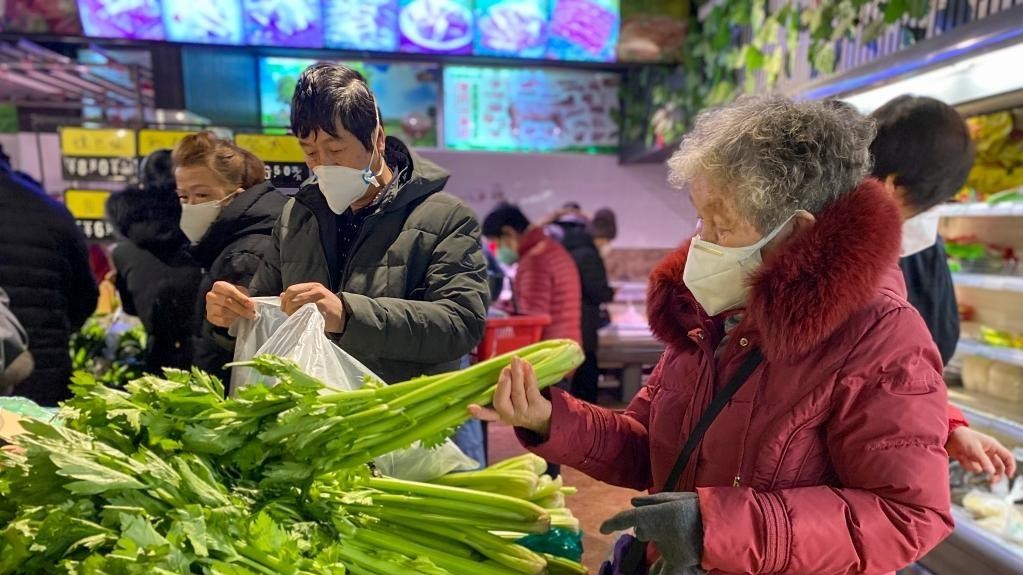

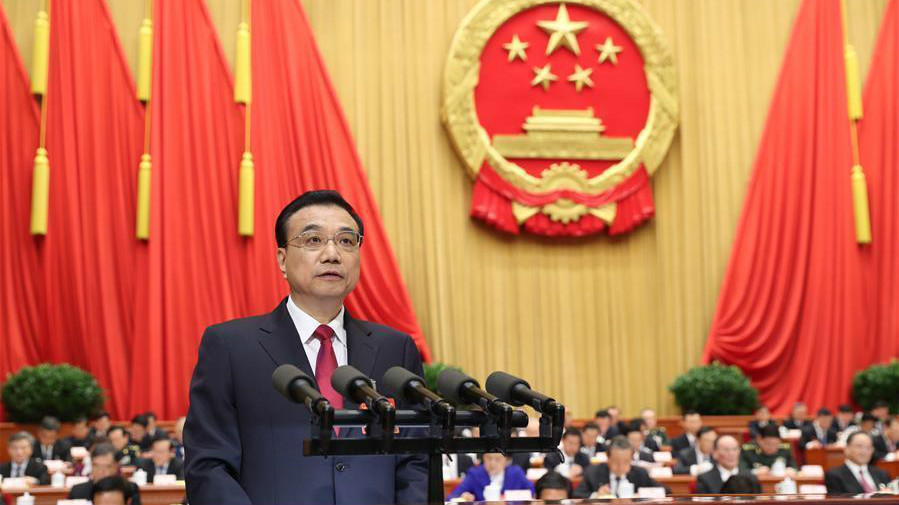

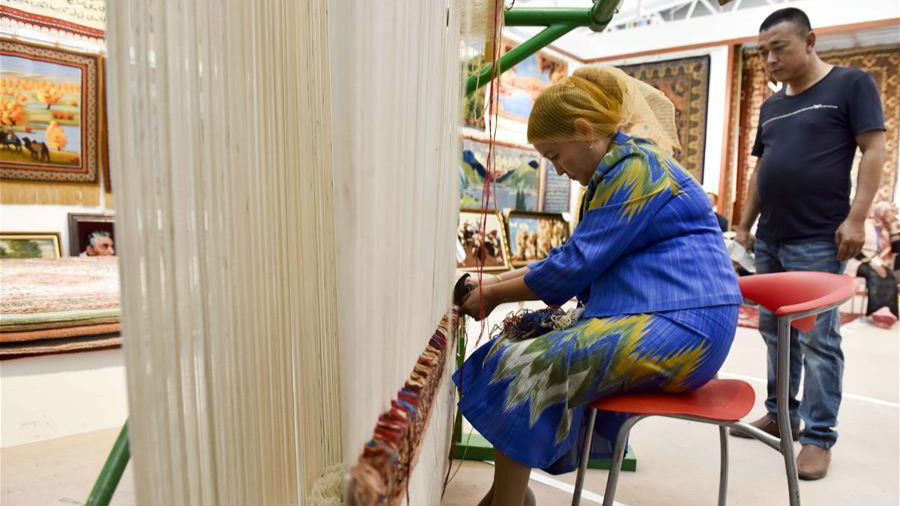
.jpg)
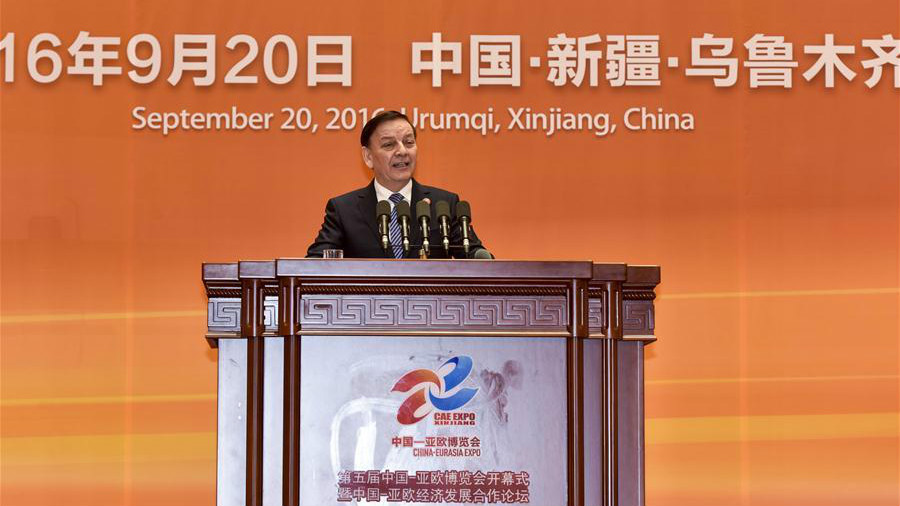
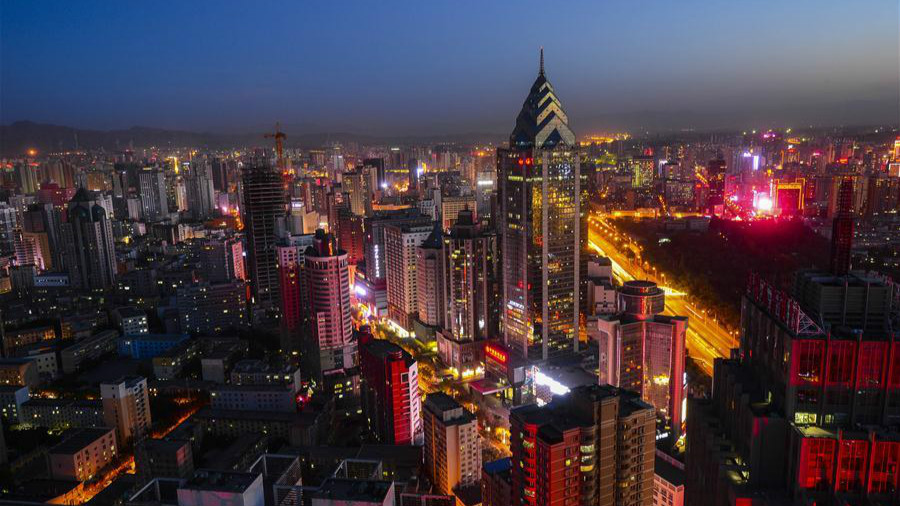
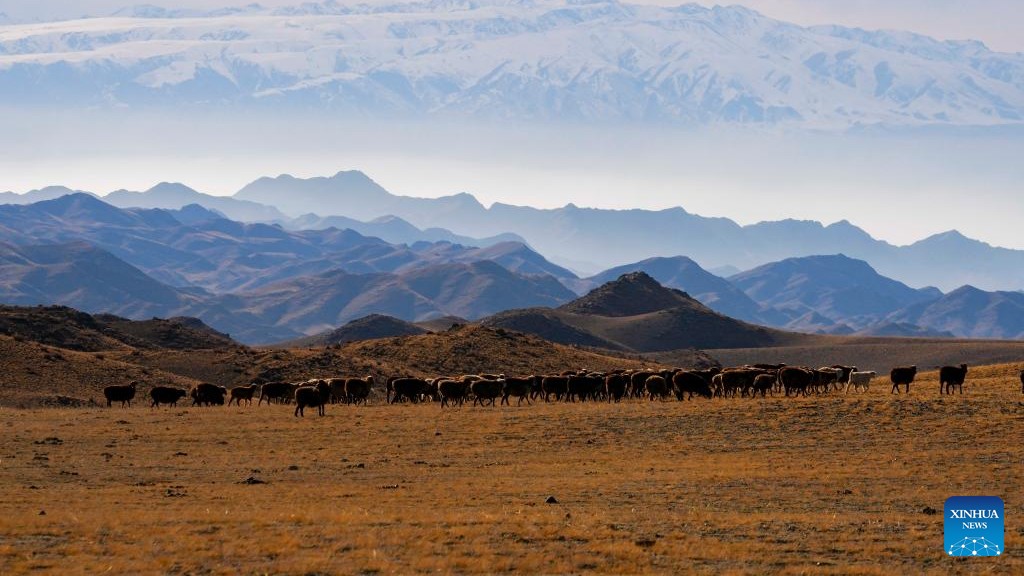
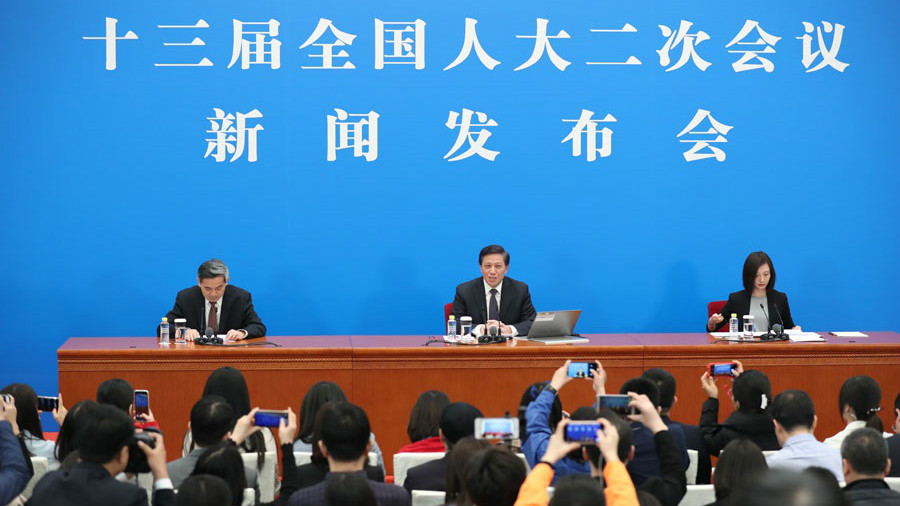

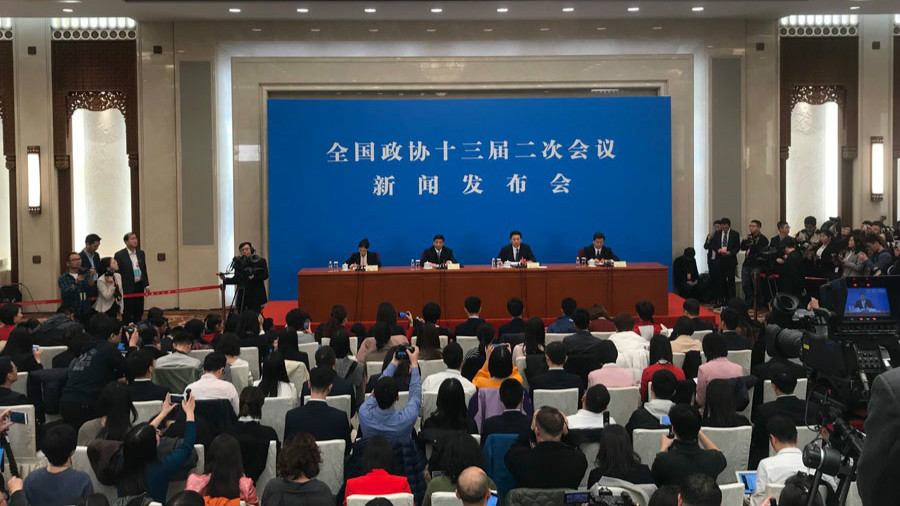
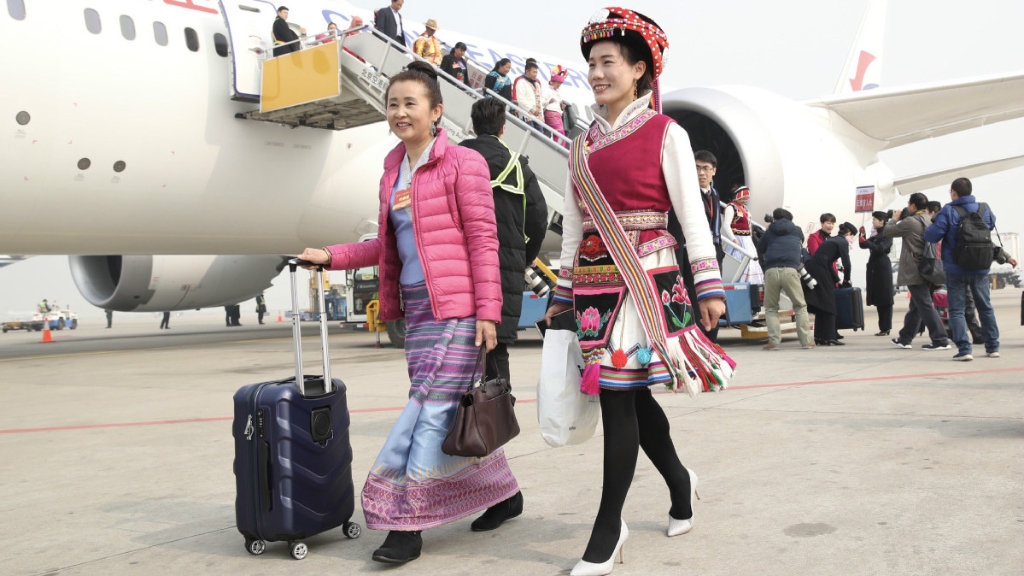

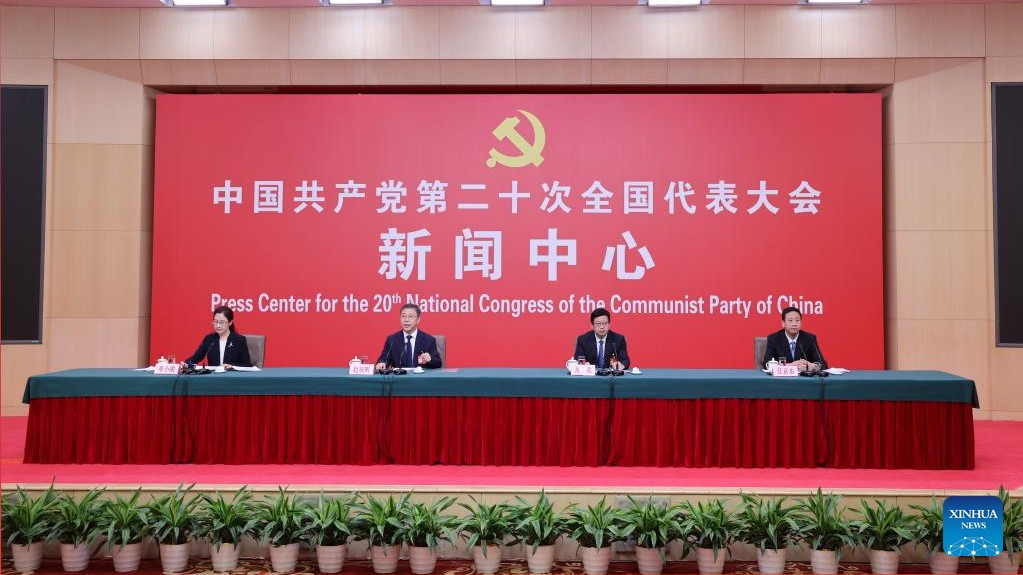
.jpg)
